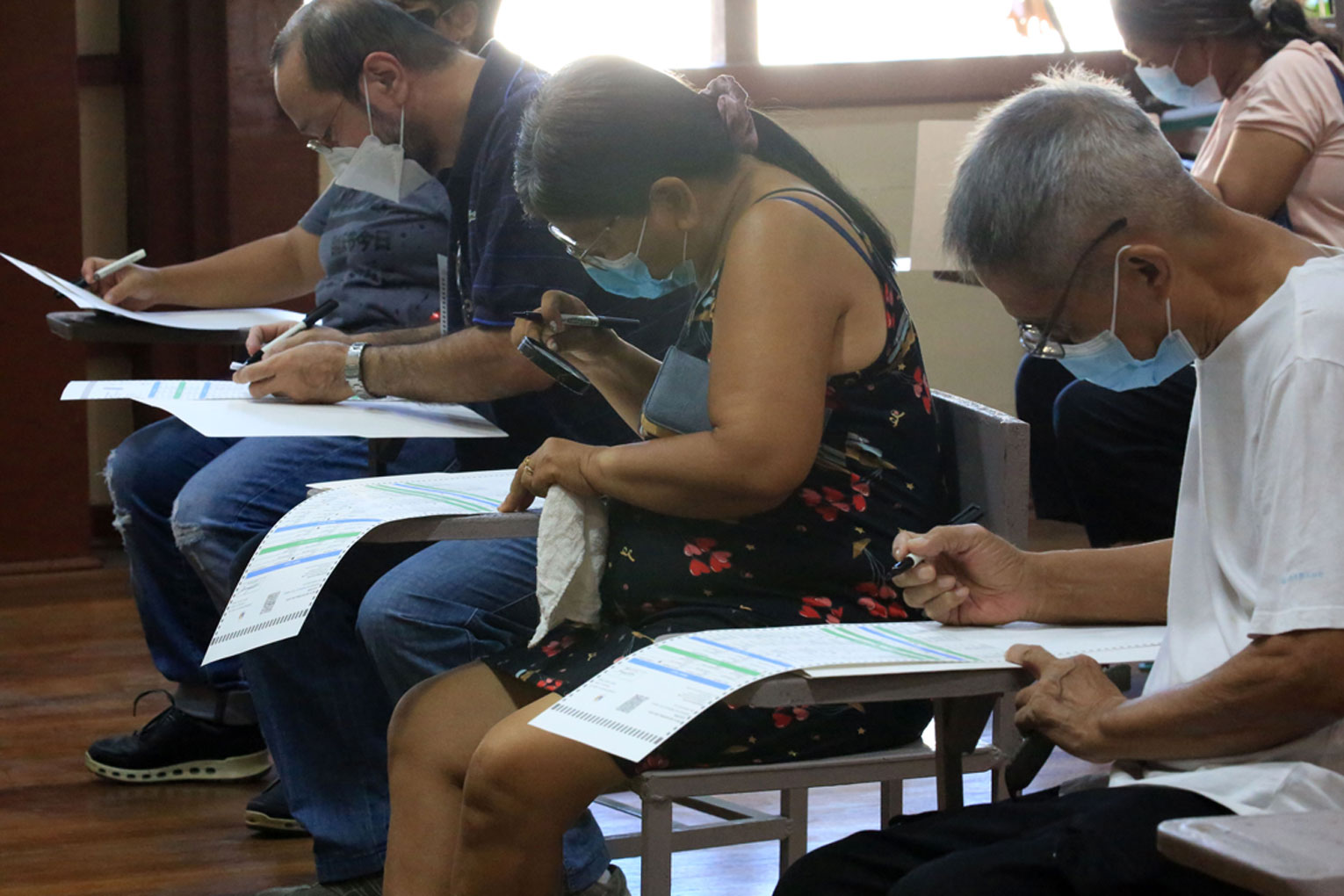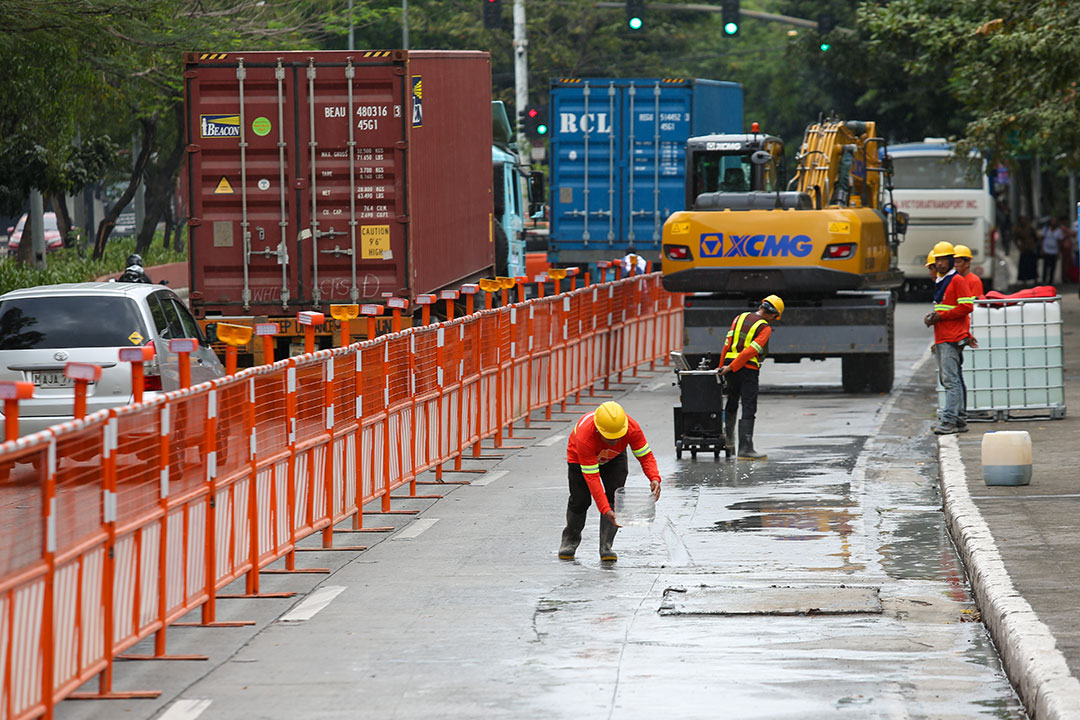
Upgrade to High-Speed Internet for only ₱1499/month!
Enjoy up to 100 Mbps fiber broadband, perfect for browsing, streaming, and gaming.
Visit Suniway.ph to learn
 PHILIPPINE STAR/EDD GUMBAN
PHILIPPINE STAR/EDD GUMBANBy Kenneth Christiane L. Basilio, Reporter
FILIPINOS should have the option to remove politicians to hold them accountable for failing to deliver campaign promises, political analysts said, warning that inability to fulfill their election commitment could undermine progress.
Public officials falling short of their election commitments should be removed via a plebiscite between election cycles to make them accountable, Anthony Lawrence A. Borja, an associate political science professor at the De La Salle University, said in a Facebook Messenger chat.
 “An immediate recall through plebiscite, wherein elected officials deemed as incapable of fulfilling their promises are removed through a vote in between regular elections,” he said, adding that there should be a public “checklist” of candidates’ promises to inform voters.
“An immediate recall through plebiscite, wherein elected officials deemed as incapable of fulfilling their promises are removed through a vote in between regular elections,” he said, adding that there should be a public “checklist” of candidates’ promises to inform voters.
“The logic for both is simple. Elections without accountability means nothing more but a license for failure,” he added.
Philippine elections often hinge on lofty promises to secure votes, but the real contest lies in candidates building name recognition, with policy agenda taking a backseat.
The Southeast Asian nation is headed towards another election in May, when 69.6 million Filipinos would vote for more than 300 congressional seats, 12 spots of the 24-seat Senate and thousands of local posts.
“Campaign promises are used by candidates to make themselves appealing to the voters,” Dennis C. Coronacion, who heads the Political Science department of the University of Santo Tomas, said in a Facebook chat.
Non-incumbent candidates typically campaign on pledges to disrupt the status quo, while incumbents often appeal to voters with assurances of stability, he said.
“Campaign promises usually depend on [whether] it’s for continuity, such as the continuation of aid and benefits, or for change,” Hansley A. Juliano, who teaches political science at the Ateneo de Manila University, said via Facebook chat.
Local leaders are more susceptible to grievances from their voters compared to national politicians, Mr. Borja said.
“Local politicians are way closer to their constituents making their activities… more observable,” he said.
Candidates also make election commitments that could appeal to the “partisan tendencies” of voters, he added. “Citizens are more likely to excuse failed promises on public goods and services than those appealing to tribal and partisan loyalties.”
Mr. Coronacion said it’s easy for politicians to renege on their campaign promises as there are no Philippine laws making them accountable for not delivering on them.
Enacting a law that would pave the way for the removal of officials failing to deliver on their campaign pledges is also unlikely as there is little to no chance of it being signed, Mr. Borja said.
“Although there are now laws that can make our politicians accountable for failure to deliver their campaign promises, we can still make them accountable through elections,” Mr. Coronacion said. “It’s up to us whether we will continue to believe in their promises.”
The media and civil society groups should tightly monitor the promises made by candidates, Mr. Juliano said. “This is the best means of keeping them accountable.”




